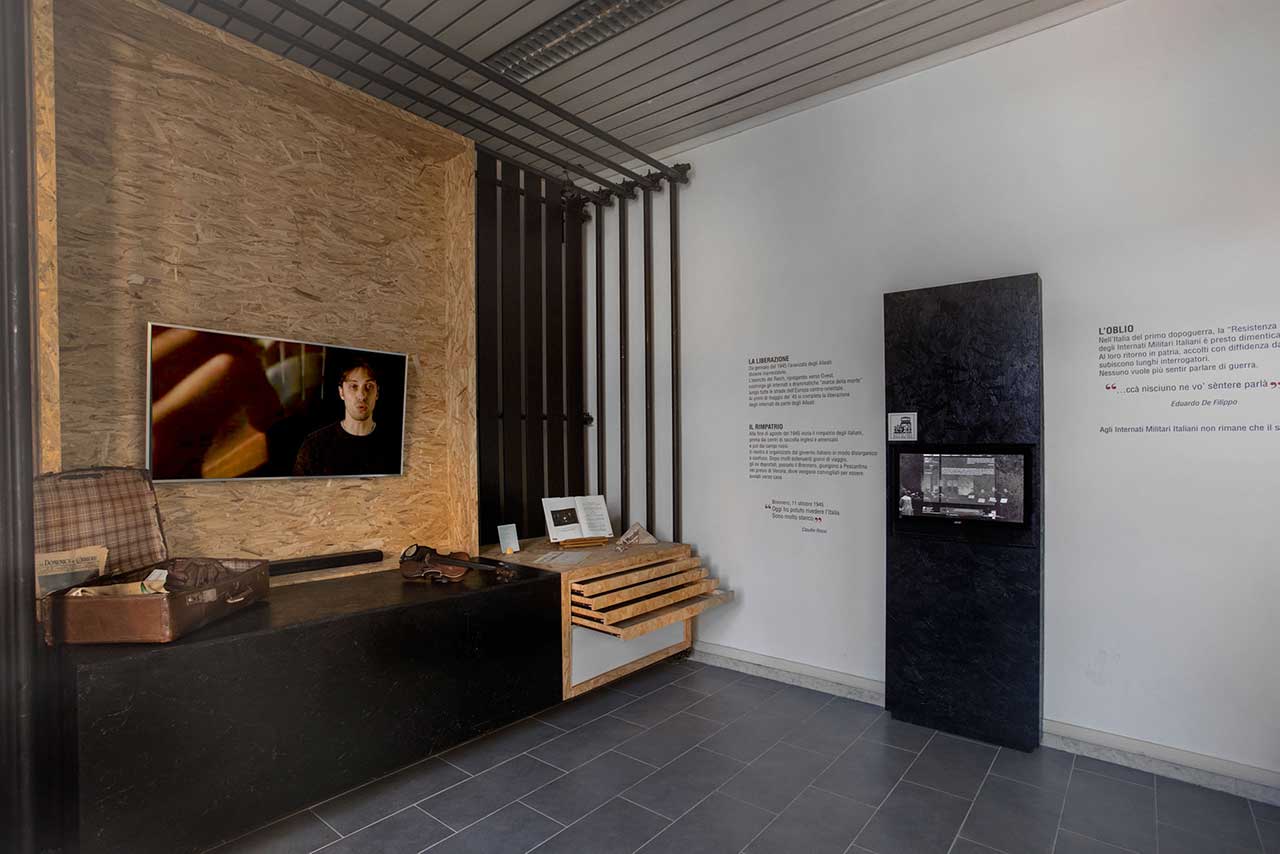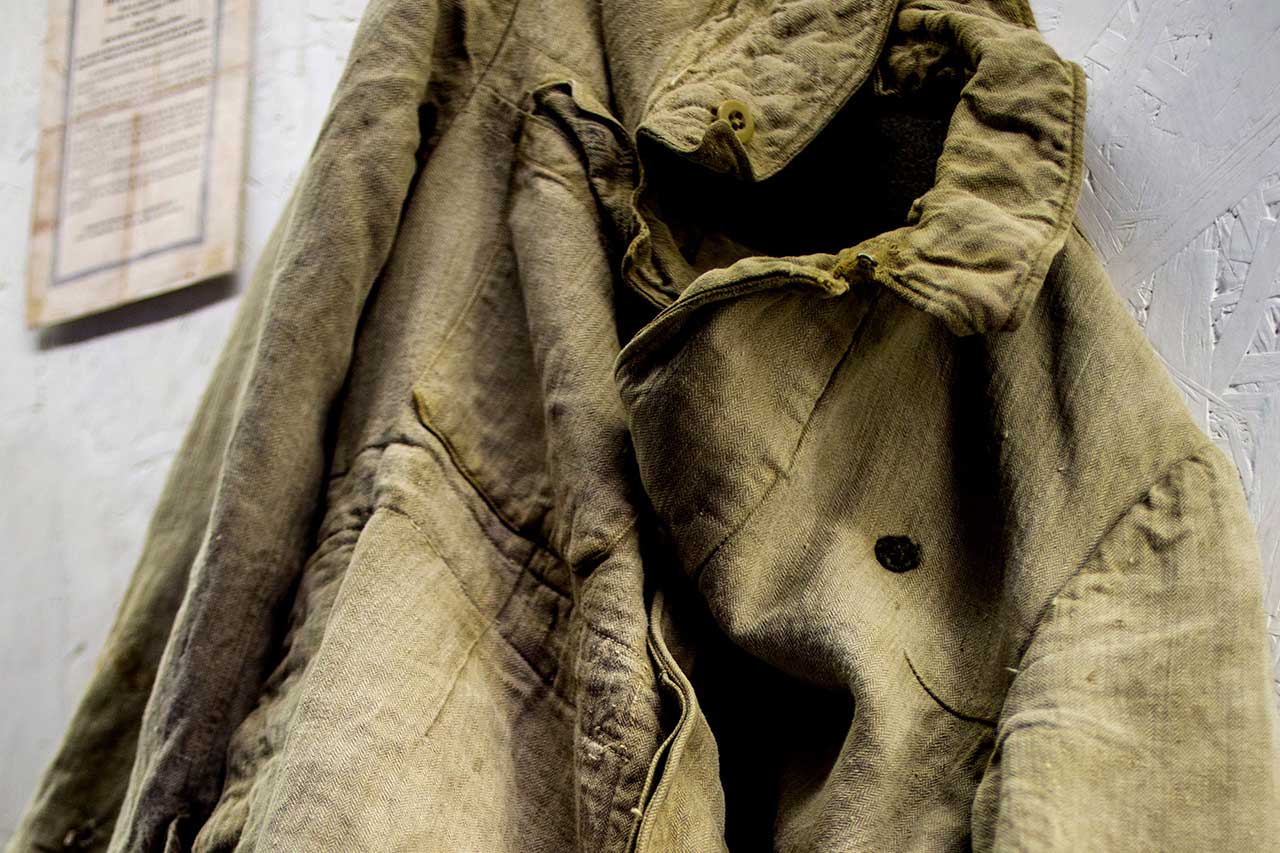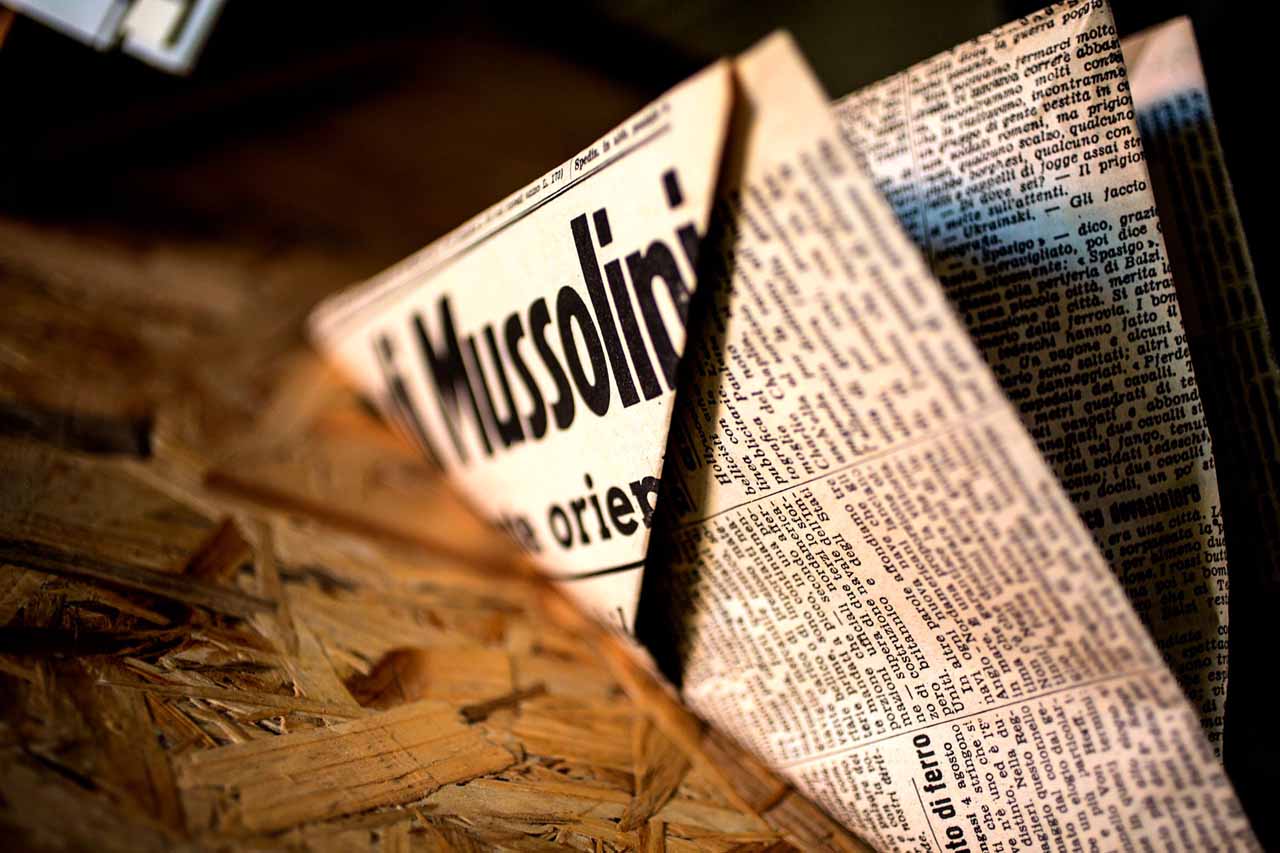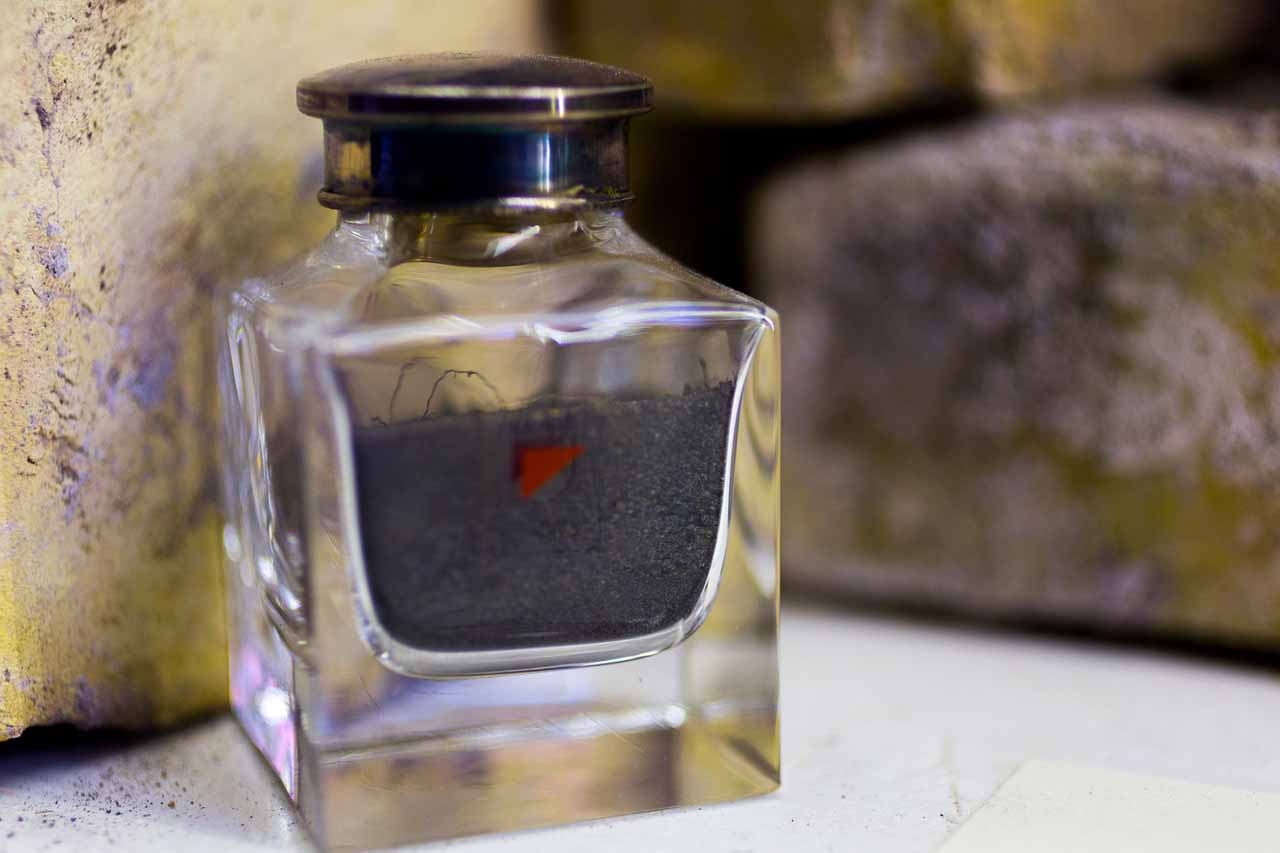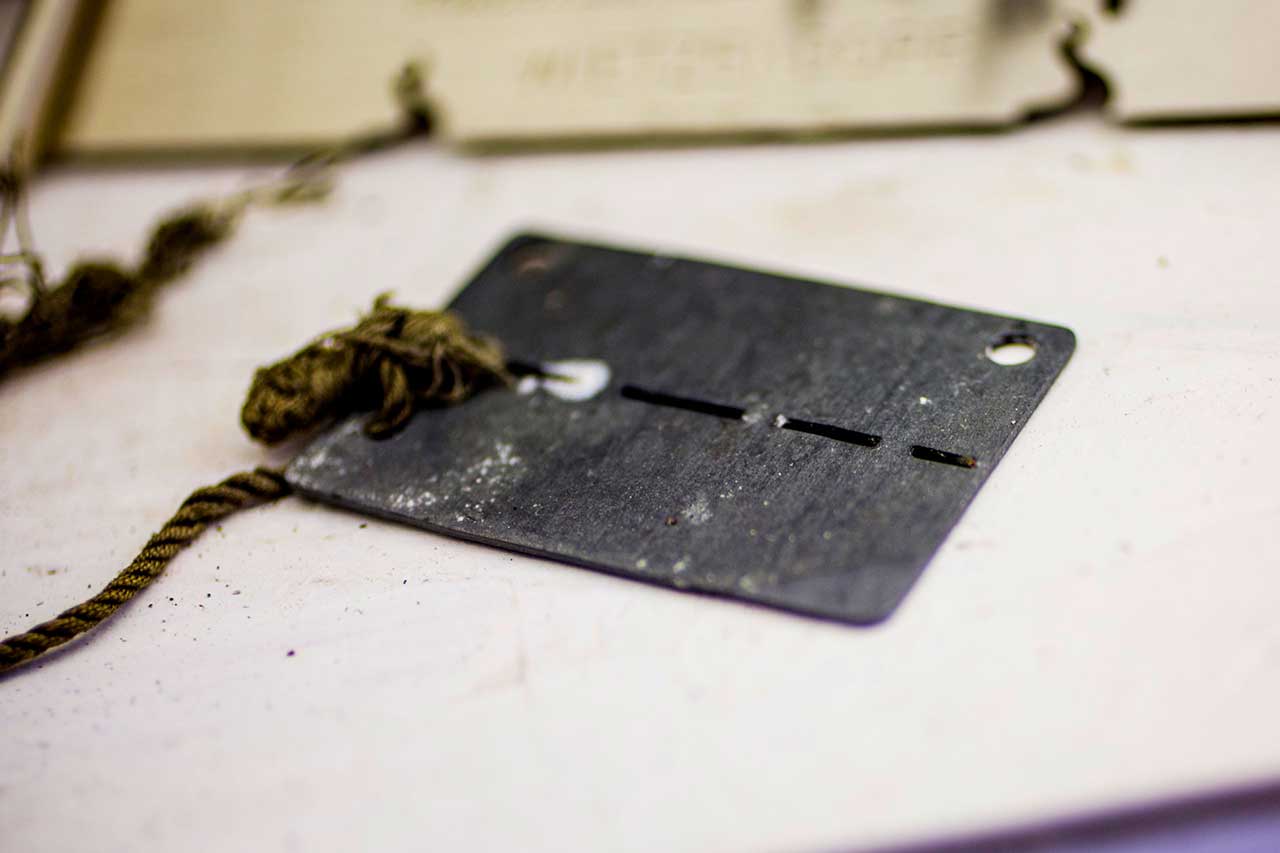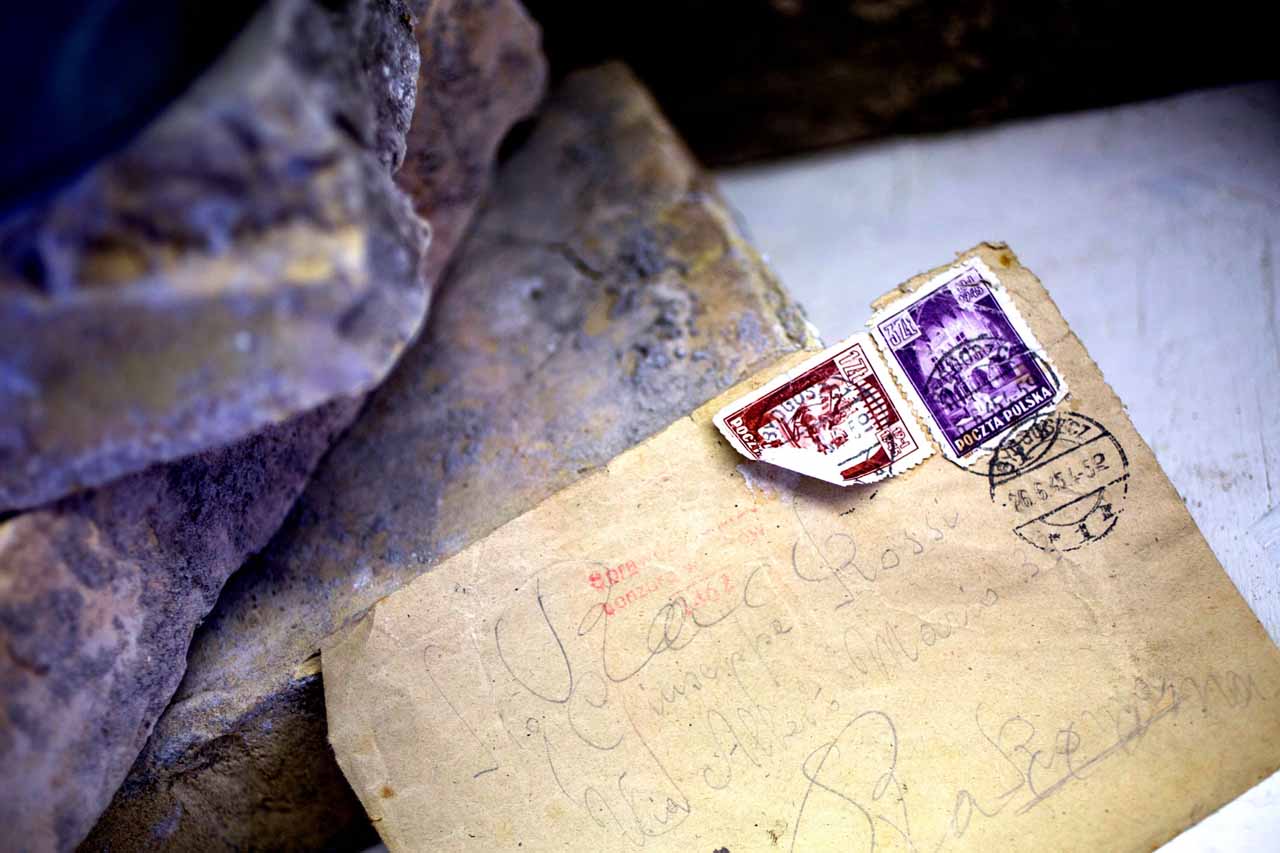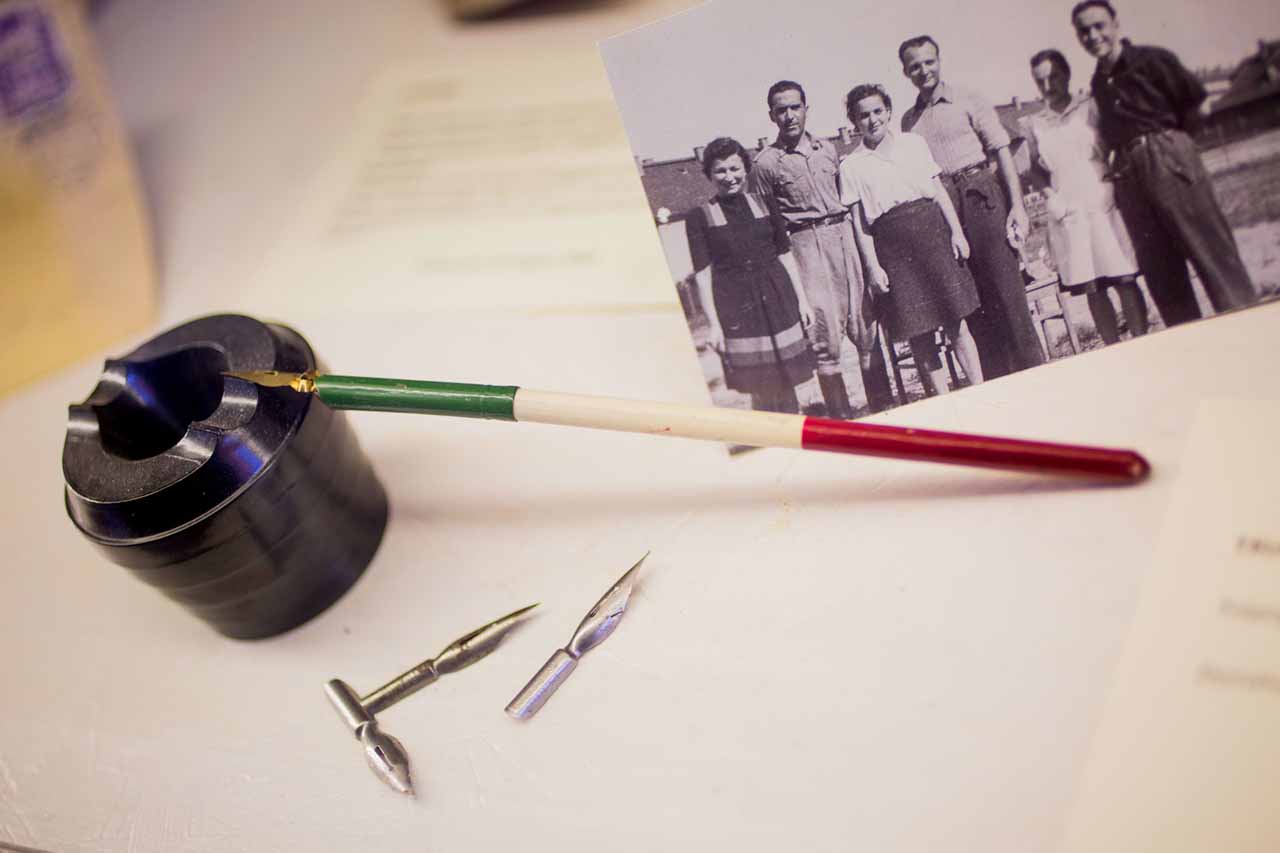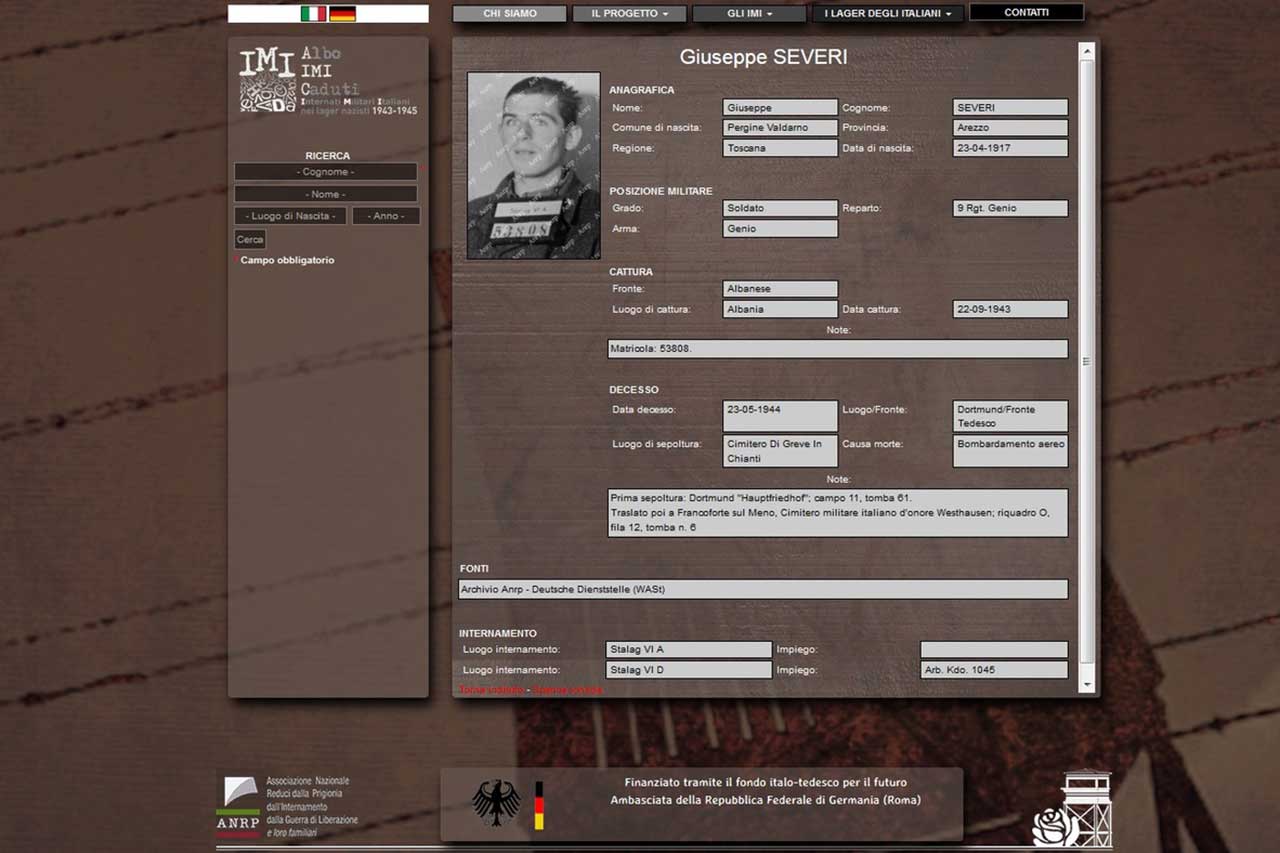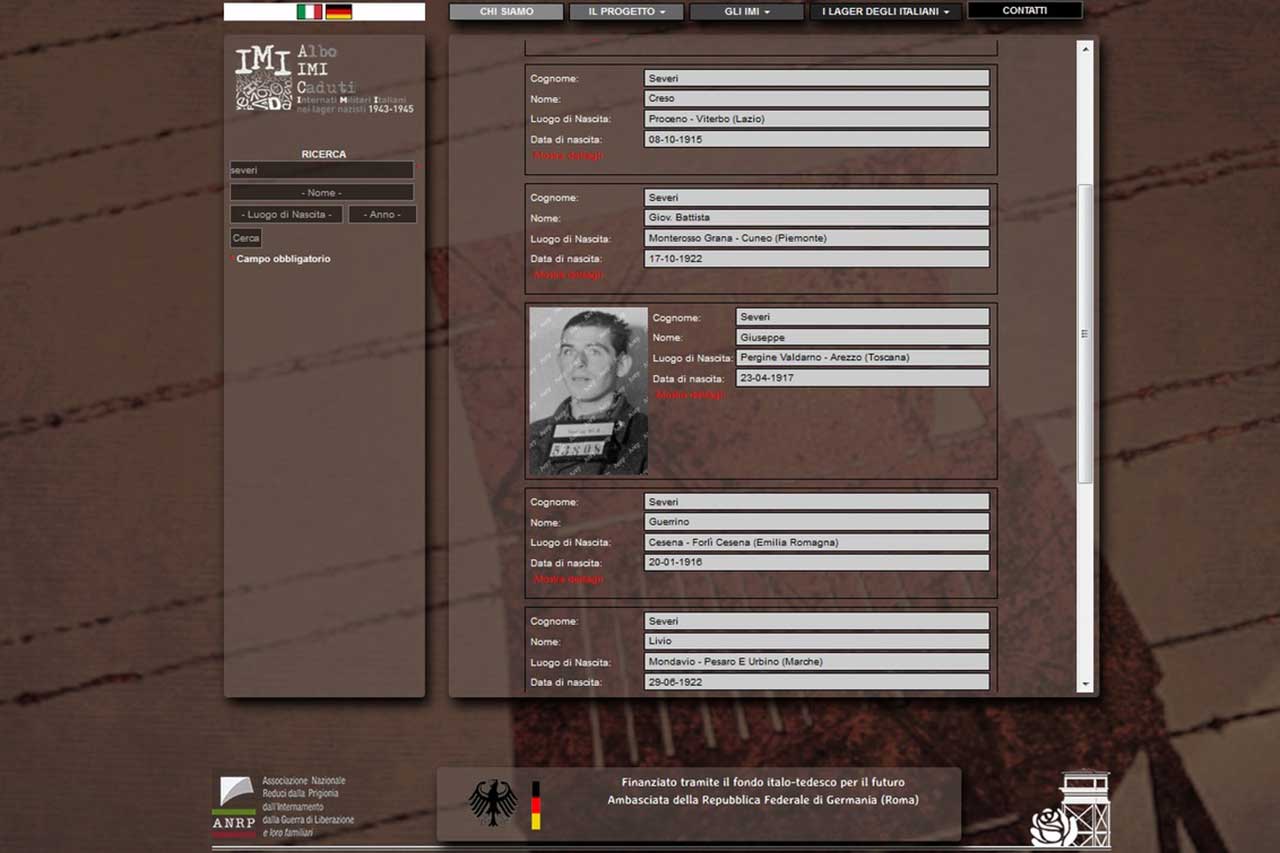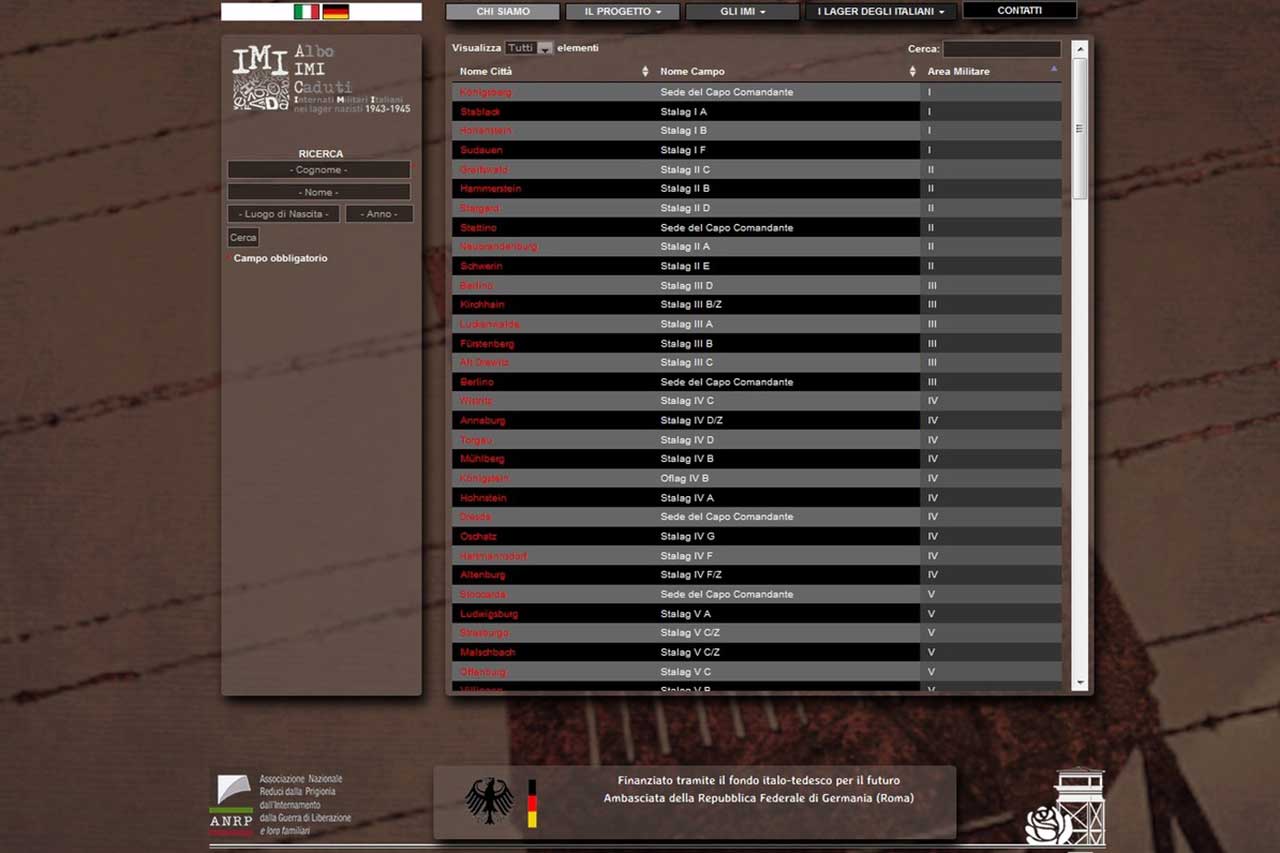LIBERATION AND REPATRIATION
In February 1945, Germany’s defeat appears imminent. Liberation occurs at different times. Repatriation, mostly handled by the Anglo-American forces, takes place mainly over the summer and the autumn of 1945 from Germany, France, the Balkans and, with considerable delay, from Russia. The return from Germany is particularly chaotic. In Pescantina, near Verona, a large refugee centre is set up from which transport of refugees is organized to different destinations within the country. Former IMIs are often cross-examined about their circumstances and must sign a humiliating and inquisitorial “Declaration on personal situation”.
Last room is dedicated to the moment of liberation. In the main showcase, amongst memorabilia, donated by the lieutenant Michele Montagano, are; a note thrown from a train to alert the family, a letter he wrote to his mother and his father Angelo, a meeting in the camp of Bjala Podlaska, some documents attesting to the transfer from the camp of Wietzendorf to the KZ of Unterlüss, a heavy suit of unknown origin, found and worn at the time of release.
We see a part of the documentary collection produced by the Italian Anti-Fascist Committee, founded in the field of Bydgoscz (Poland), by liberated ex IMIs. There are stencil copied sheets on activities which were carried out, including: the report of a football match, some drawings, but also newspapers of the period in Russian and Polish. On the ground, the small basket full of apples evokes the memory of returning home through the Brenner Pass.
In this room you will find a touch screen station dedicated to the “Register of the Fallen IMI”, the database created by the ANRP, which includes the registry and biographical cards of about 50 thousand deceased IMIs. The project, which is still being worked on, is called the Biographical Lexicon of IMI. It foresees, in the near future, the insertion of data relating to the approximately 600,000 survivors.
We now invite you to listen to the “voice” of some of the objects that have been protagonists of our journey. By removing them from the suitcase and placing them on the desk, the video in which their stories are told will begin.
Oblivion
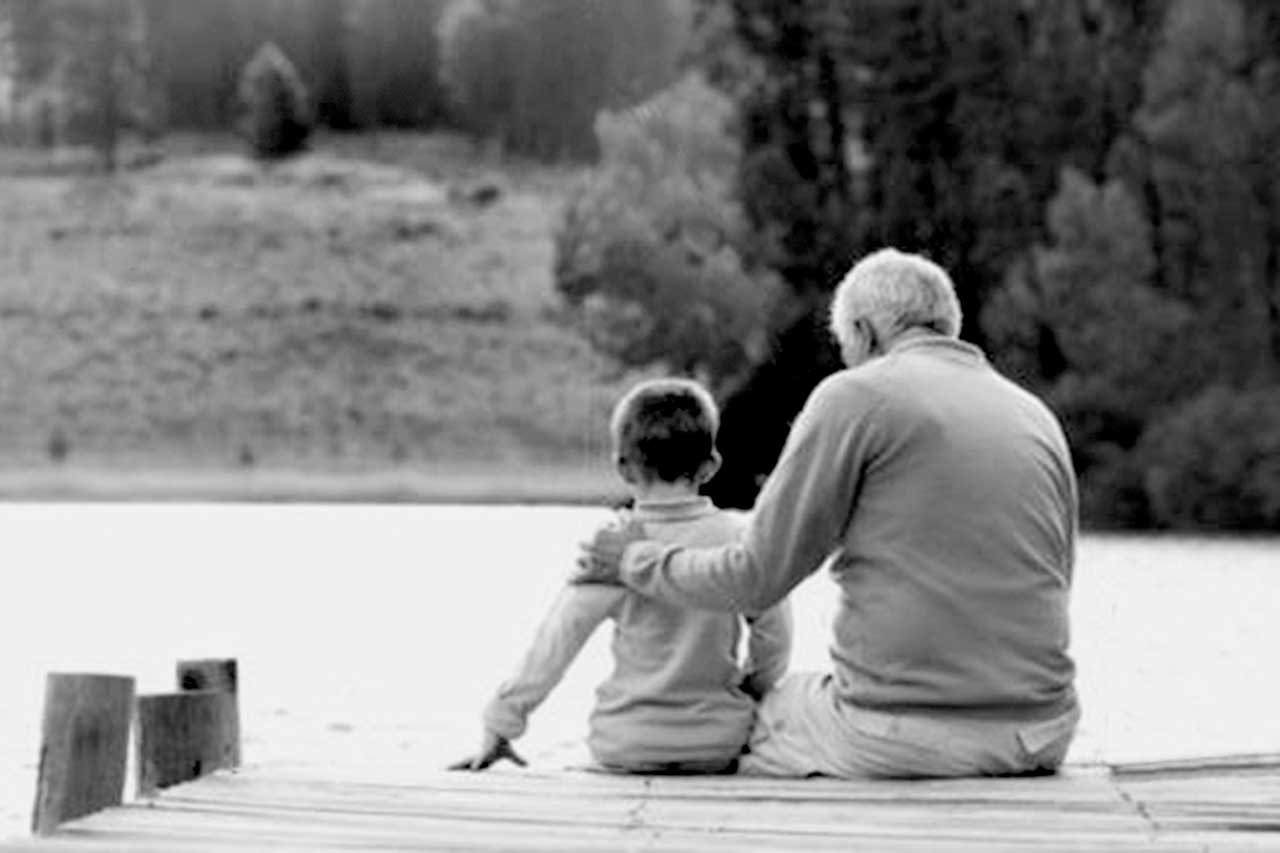
Back home, the former IMIs were faced with an Italy that wanted to forget the horrors of war and the hardship suffered by the population. No one was willing to listen to their stories, not even their families. For a long time the veterans remained in silence and their story was long forgotten, only to re-emerge after many years, with the publication of the first autobiographical testimonies. The association wants you to remember their history and make it known, so that in the future similar dreadful events will not be repeated.
Medal of honor
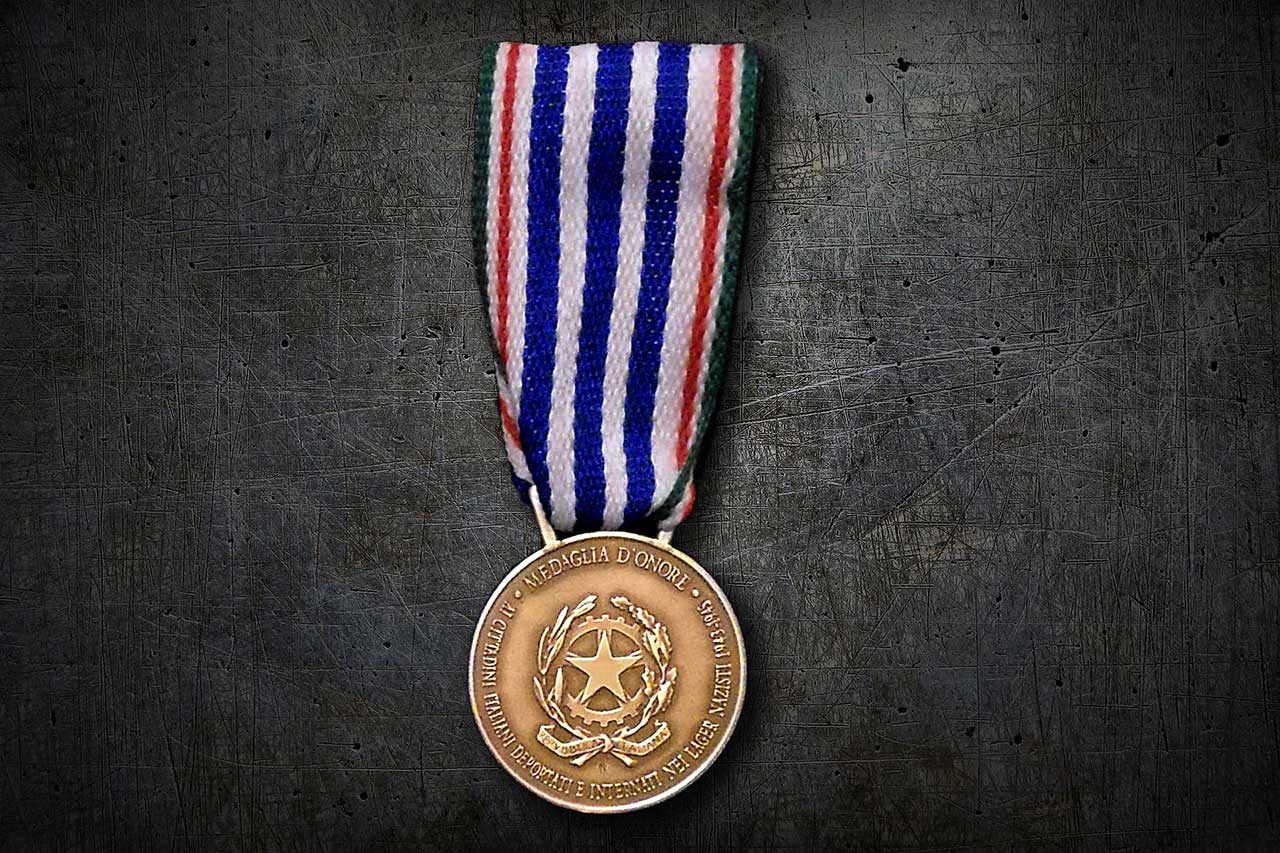
The Italian Republic, with Law n. 296/2006, granted a medal of honor to Italian citizens (military and civil) who in the last world war were deported and interned in the Nazi concentration camps and, in case the direct beneficiary died, to the closest family member.




